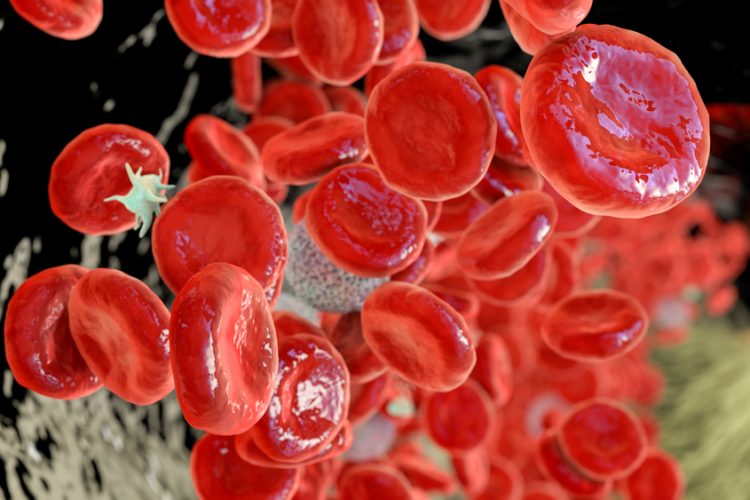FDA approves Besremi to treat rare blood disease
Posted: 16 November 2021 | Anna Begley (European Pharmaceutical Review) | No comments yet
The US Food and Drug Administration (FDA) approves Besremi (ropeginterferon alfa-2b-njft) injection to treat adults with polycythemia vera.


The US Food and Drug Administration (FDA) has approved Besremi (ropeginterferon alfa-2b-njft) injection to treat adults with polycythemia vera, a blood disease that causes the overproduction of red blood cells. Besremi is the first FDA-approved medication for polycythemia vera that patients can take regardless of their treatment history, and the first interferon therapy specifically approved for polycythemia vera. Besremi received orphan drug designation for this indication.
The approval follows an evaluation of the effectiveness and safety of Besremi, as tested in a multicentre, single-arm trial that lasted 7.5 years. In this trial, 51 adults with polycythemia vera received Besremi for an average of about five years. Besremi’s effectiveness was assessed by looking at how many patients achieved complete hematological response, which meant that patients had a red blood cell volume of less than 45 percent without a recent phlebotomy, normal white cell counts and platelet counts, a normal spleen size, and no blood clots. Overall, 61 percent of patients had a complete haematological response.
However, Besremi can cause liver enzyme elevations, low levels of white blood cells, low levels of platelets, joint pain, fatigue, itching, upper airway infection, muscle pain and flu-like illness. Side effects may also include urinary tract infection, depression and transient ischemic attacks. Furthermore, people who could be pregnant should be tested for pregnancy before using Besremi due to the risk of foetal harm.
Besremi is believed to work by attaching to certain receptors in the body, setting off a chain reaction that makes the bone marrow reduce blood cell production. The treatment is a long-acting drug that patients take by injection under the skin once every two weeks. According to the FDA, if Besremi can reduce excess blood cells and maintain normal levels for at least one year, then dosing frequency may be reduced to once every four weeks.
“Over 7,000 rare diseases affect more than 30 million people in the US. Polycythemia vera affects approximately 6,200 Americans each year,” commented Ann Farrell, director of the Division of Non-Malignant Hematology in the FDA’s Center for Drug Evaluation and Research. “This action highlights the FDA’s commitment to helping make new treatments available to patients with rare diseases.”
Related topics
Clinical Trials, Data Analysis, Drug Safety, Orphan Drugs, Regulation & Legislation, Therapeutics









